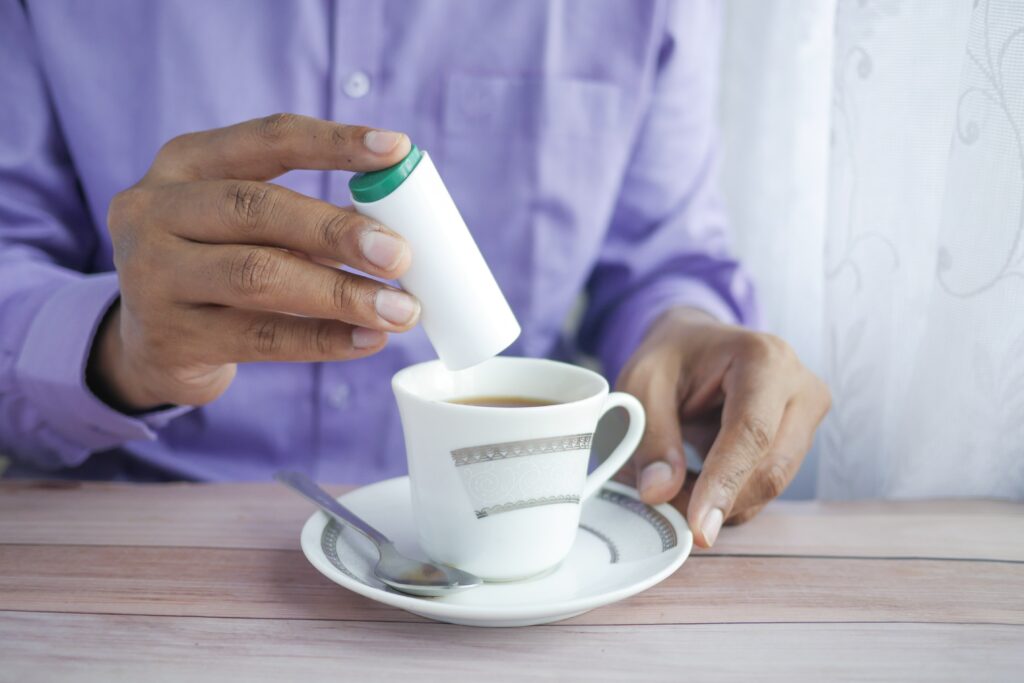WHAT DOES THE INCREASE IN SWEETENERS AND SUGAR MEAN FOR GLOBAL FOOD REGULATIONS?
New research has highlighted the growth in companies using artificial sweeteners in food and drink products but, at the same time, the data has raised concerns that this is not necessarily replacing sugar.
Packaged food is getting sweeter with the consumption of low-calorie sweeteners up 36% in the last decade, according to research by Deakin University in Australia. Nonnutritive sweeteners (NNSs) are being increasingly used in beverages while also becoming more popular in packaged foods in upper and lower middle-income countries.
Researchers say their use as a substitute for added sugar should be considered in public health nutrition policy making. It follows a study by the university’s institute for physical activity and nutrition which found a substantial rise in both sweeteners and added sugar used across the Asia Pacific region.
The use of artificial sweeteners in drinks increased by 47% between 2007 and 2019, according to the results. Despite this growth, the use of sugar in packaged foods also increased by 39% in the same region over the same 12-year period.
Lead researcher and PhD candidate Cherie Russell said the findings reveal national food regulations, that are designed to reduce the amount of added sugar in our diets, are not working.
“In the main, food companies are using more artificial sweeteners in their products but they’re not using less sugar,” Cherie Russell said.
“Increasingly, companies are adding both sugar and artificial sweeteners to sweeten their food and drinks.
“This is a worrying trend as eating sweet food can influence our palates and encourage us to want more sweet food. It is of particular concern for children who are still developing their lifelong taste preferences.”

The study is the first to look at international sales volumes of sugar and artificial sweeteners with findings from across the globe.
Results show that added sugars increased by 9% in packaged food but decreased by 12% in drinks. This drastic difference reflects a significant drop in the US where artificially sweetened drinks increased. The study revealed an overall increase of 36% for the use of artificial sweeteners in drinks. With regards to foods, the use of artificial sweeteners also went up – by 3% in packaged products.
Across the Asia Pacific, the results were more marked. Added sugars increased by 39% in packaged food and by 14% in drinks. While artificial sweeteners increased by 39% in packaged food and 47% in drinks.
Russell said high levels of the sweet ingredient in our diet were linked to weight gain, heart disease, Type 2 diabetes, and tooth decay, especially when consumed as sweetened beverages.
“People may think that artificially sweetened food and drinks are healthier than products sweetened by sugar, but these additives are also linked to poor health outcomes, including weight gain, changes to the gut and even cancer,” she said.
“You only find artificial sweeteners in ultra-processed foods, which is ‘junk food’. The best solution to reducing our added sugar intakes is to improve the availability and affordability of healthy whole foods, such as fruit, vegetables, and whole grains.”
The FDA has provided acceptable daily intake guidelines on many low-calorie sweeteners, even as their long-term health effects are inconclusive.
Meanwhile, the researchers argue that foods containing NNSs instead of sugar appear to have a “health halo” among consumers, which is not only misleading but could prevent people from eating nutritious and whole foods.
In their study, they conclude that the rising use of NNSs to sweeten beverages worldwide, and in packaged food in upper and lower middle-income countries, may have health and dietary implications in the future.
In the study the researchers said: “Their use as a substitute for added sugar should be considered in public health nutrition policymaking.”
Join us at SIAL Paris as exhibitor Join us at SIAL Paris as visitor
